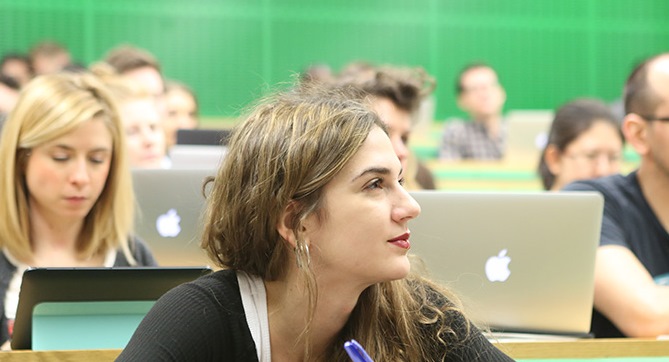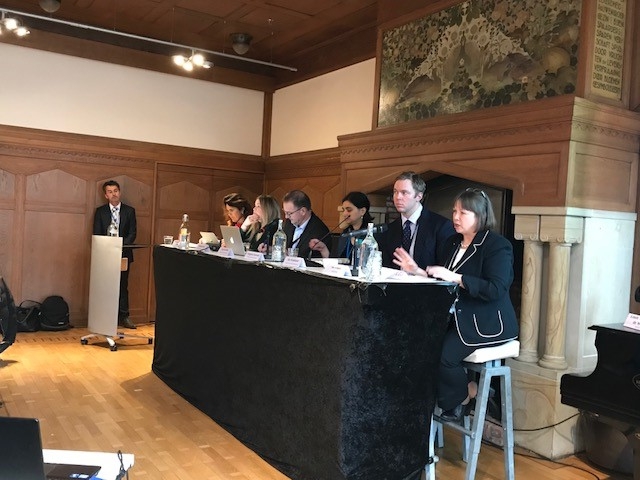Continuing with our blog series “The Great Lecture Notes Debate” we hear from LSE International Development lecturers on why they think it’s a good idea

Teddy Brett – Professor of International Development
 I think that a strong case can be made for pre-circulating lecture notes, and have done so whenever I have completed them in time to do so. I am aware that some colleagues feel that this is spoon-feeding students, and reducing the effort they need to make to follow the lecture, but I think that this underestimates the difficulties involved in assimilating the amount of new information incorporated in a complex two-hour lecture in a new field. This is particularly difficult in an inter-disciplinary programme like Development Studies, where few of the students will have any grounding in the basic theoretical assumptions that underpin the diverse topics they are obliged to address.
I think that a strong case can be made for pre-circulating lecture notes, and have done so whenever I have completed them in time to do so. I am aware that some colleagues feel that this is spoon-feeding students, and reducing the effort they need to make to follow the lecture, but I think that this underestimates the difficulties involved in assimilating the amount of new information incorporated in a complex two-hour lecture in a new field. This is particularly difficult in an inter-disciplinary programme like Development Studies, where few of the students will have any grounding in the basic theoretical assumptions that underpin the diverse topics they are obliged to address.
This is why all of our students feel highly confused right through the programme, and only develop a coherent understanding of our intellectual project after they have been able to go back over the whole course when they have to revise for exams. We make no apology for imposing such heavy demands on them – indeed, doing this is what gives them the edge when they get out into the real world. However, we do need to provide them with as much support as we can since this will not reduce their need to concentrate on what they hear, but strengthen their ability to navigate their way through what are always very challenging presentations that could legitimately be the subject of two or three lectures.
In my view students are likely to get most benefit from their lectures when they come to them having read the required readings, and gone through the lecture outline, so they are aware of the key issues involved, and have thought about the key issues, arguments and evidence that will be presented in the lecture and discussed in their seminars.
Tim Forsyth – Professor of Environment and Development
Personally I create my lectures on Powerpoint, and then post the Powerpoint slides as lecture notes on Moodle before each lecture. I have done this for years.

I do this because students ask for the notes in advance, but I also find it useful for myself — It gives me a structure that I can then talk to, plus it means I don’t have to pause while students write down details. Indeed, I think I would find lectures a lot more stressful if I did not have something already prepared. I think it creates a lecture where everyone has ‘the basics’ already printed, and hence I can talk a lot more about what it all means.





